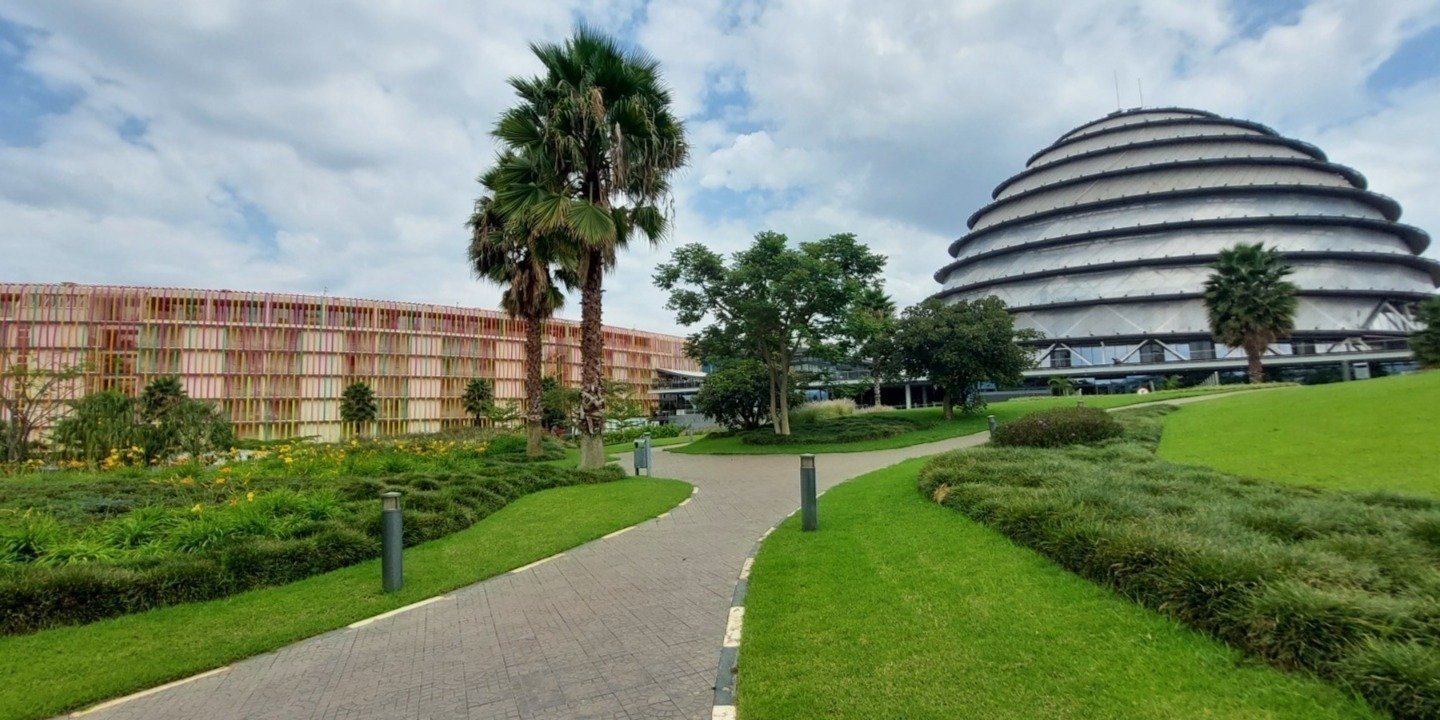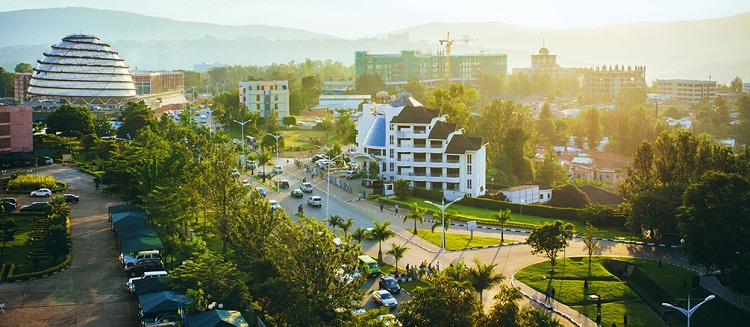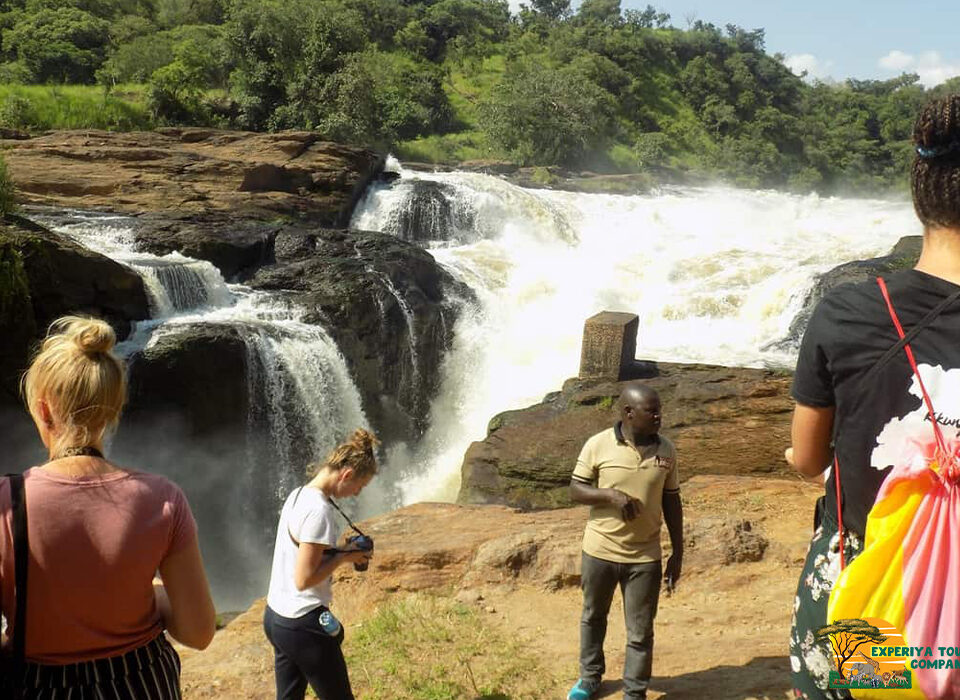
What are the top things to do in Kigali?
November 13, 2025
Can I visit the Kigali Genocide Memorial?
November 13, 2025Is Kigali One of Africa’s Cleanest Cities?
Kigali, the capital of Rwanda, has earned widespread admiration for its remarkable cleanliness, orderliness, and green landscapes. For many travellers arriving in Rwanda for the first time—whether to trek mountain gorillas, explore cultural sites, or enjoy a city tour—one of the earliest impressions is the spotless streets, well-kept public spaces, and beautifully landscaped hills. This leads many to ask: Is Kigali one of Africa’s cleanest cities?
The answer is yes. Kigali is often regarded as the cleanest city in Africa, and its reputation extends globally. But what makes Kigali so clean? How has Rwanda achieved what many cities struggle to maintain? The story is an inspiring blend of visionary governance, community participation, thoughtful urban planning, and a national culture that values dignity and responsibility.
This detailed blog explores why Kigali is considered one of Africa’s cleanest cities, how it maintains this reputation, what visitors can expect, and why the city stands as a model for urban development across the continent.
Kigali’s Cleanliness Starts With Strong National Policy
Rwanda’s transformation after the 1994 Genocide against the Tutsi is one of the most remarkable national rebuilds in modern history. Cleanliness, organization, and public health became core priorities in the country’s development strategy. One of the boldest and most impactful steps Rwanda took was the nationwide ban on single-use plastic bags in 2008—one of the first countries in the world to implement such a policy.
This ban significantly reduced plastic pollution in urban and rural areas. Today, travellers often notice the absence of plastic litter in markets, streets, and countryside roads. The ban also encouraged the use of biodegradable packaging, reusable bags, and environmentally conscious habits across the population.
Rwanda’s environmental policy has been so effective that many other African countries have followed suit. Kigali is at the forefront of this transformation, benefiting directly from these national regulations.
Umuganda: The Monthly Community Clean-Up
One of the most celebrated traditions contributing to Kigali’s cleanliness is Umuganda, a national community service day held on the last Saturday of every month. During Umuganda, businesses close, public transportation halts, and citizens gather in their neighborhoods to take part in community work. Activities include:
Cleaning streets and drainage systems
Planting trees
Renovating schools and hospitals
Repairing public infrastructure
Supporting vulnerable families
This initiative fosters unity, civic responsibility, and collective pride. It also ensures that public spaces are regularly maintained. For visitors, Umuganda is often an inspiring sight—an entire city working together toward a clean and healthy environment.
Strict Anti-Littering Laws and Enforcement
Kigali maintains its cleanliness through strict anti-littering laws and active enforcement. Residents and visitors alike are expected to dispose of waste properly. Trash bins are placed in strategic locations throughout the city, making proper disposal easy.
City authorities monitor public spaces, and fines are issued for littering, illegal dumping, or failing to comply with sanitation regulations. These measures discourage behaviors that lead to pollution and ensure that Kigali remains clean consistently—not only during special events or major occasions.
Beautiful Landscaping and Green City Planning
Kigali’s urban landscape is a stunning blend of modern architecture and green spaces. The city is built over numerous hills, and its planning incorporates green belts, manicured lawns, and landscaped roundabouts. Palm trees, sculpted hedges, and flowering plants decorate public roads and spaces.
Kigali also maintains several parks and gardens, offering both beauty and recreational spaces for residents. This attention to greenery improves air quality and contributes to the city’s peaceful, attractive ambience. Visiting Kigali often feels like stepping into a city where urban life and nature coexist harmoniously.
Efficient Waste Management System
A key reason Kigali remains clean is its efficient waste management system. Garbage collection is organized, consistent, and professionally run, with private companies contracted to manage household and business waste. The city promotes recycling, composting, and proper waste separation.
Modern garbage trucks, specialized waste bins, and neighborhood-level waste collection points help streamline the system. Thanks to these efforts, garbage rarely accumulates in public areas.
This level of organization is rare in cities of similar size, making Kigali a standout example of effective urban sanitation.
Civic Pride and Cultural Responsibility
Cleanliness in Kigali is not just enforced—it is culturally embraced. Many Rwandans view a clean environment as a sign of dignity, respect, and national pride. This mindset has been nurtured through years of community programs, civic education, and leadership examples from the government.
Residents take pride in keeping their neighborhoods clean. Businesses maintain tidy storefronts, students participate in school clean-up programs, and families ensure that their homes and surroundings reflect Rwanda’s values of unity and progress.
This cultural backbone makes Kigali’s cleanliness sustainable.
Modern Infrastructure and Urban Policies
Kigali’s rapid modernization has been accompanied by careful planning. Construction standards, road networks, drainage systems, and public facilities are developed with long-term sustainability in mind. This prevents issues like flooding, sewage overflow, or uncontrolled slums—all common in rapidly growing cities.
The city also regulates informal trading, maintains organized taxi and moto-taxi services, and enforces zoning laws that reduce congestion and disorder. The result is a city where movement is easy, public spaces are respected, and sanitation facilities support cleanliness at every level.
Safety Enhances Cleanliness
Kigali is one of the safest cities in Africa. Safety contributes directly to its cleanliness. When people feel secure, they are more likely to enjoy public spaces, participate in clean-up events, and hold each other accountable for maintaining the city.
Well-lit streets, polite and efficient police presence, and strong community relations create an environment where order and cleanliness thrive together.
What Travellers Notice When Visiting Kigali
Visitors immediately notice several hallmark features of Kigali’s cleanliness:
Swept and well-maintained streets
Absence of plastic litter or trash
Organized pedestrian walkways
Beautiful gardens and public art installations
Cleaner air compared to many major African cities
Efficient traffic flow and courteous drivers
Green hills contrasting gently with modern buildings
Kigali’s clean reputation is not exaggerated—travellers consistently comment on how tidy, calm, and refreshing the city feels.
Kigali as a Model for Sustainable African Cities
Kigali is increasingly recognized as a model for other African capitals. Urban planners, environmental experts, and government officials from across the continent visit Kigali to learn about its policies and practices. Rwanda’s commitment to environmental protection, community engagement, and smart urban planning has set a benchmark that many cities aspire to replicate.
Programs like Umuganda and plastic bag bans have gained international attention. Kigali’s success shows that large-scale transformation is possible through strong leadership, community buy-in, and consistent enforcement.
Why Kigali’s Cleanliness Enhances the Travel Experience
For travellers, a clean city is not just aesthetically pleasing—it enhances the entire travel experience. Visitors feel comfortable exploring markets, dining outdoors, walking through neighborhoods, and engaging with local culture. Cleanliness makes the city more welcoming and accessible, encouraging travellers to spend more time discovering Kigali’s museums, galleries, restaurants, and historical landmarks.
The safety and orderliness also create a sense of peace, allowing travellers to relax and appreciate the city’s unique charm.
Kigali Rightfully Earns Its Reputation as Africa’s Cleanest City
Yes, Kigali is indeed one of Africa’s cleanest cities—and arguably the cleanest. Its spotless streets, organized layout, modern infrastructure, and strong community spirit make it a shining example of what is possible when a nation embraces sustainability, unity, and discipline.
Kigali’s cleanliness is more than just a feature—it is a symbol of Rwanda’s remarkable journey from adversity to renewal. Whether you are exploring the city before a gorilla trek or enjoying a cultural tour, Kigali leaves a lasting impression of beauty, order, and inspiration.
For travellers who want to explore Kigali alongside Rwanda’s breathtaking natural attractions, consider booking your city tour and gorilla trekking experience with Experiya Tour Company. Their expert guides, seamless transportation, and tailored itineraries ensure that your Rwanda journey is comfortable, meaningful, and unforgettable.




